**Note: This page is for educational inspiration and is not officially affiliated with National Storytelling Week. National Storytelling Week is an annual event in the UK, organised by the Society for Storytelling. It typically takes place during the last week of January and the first week of February. It highlights storytelling as an ancient art form and a vital part of communication and culture. For official information, dates, and to learn more about this initiative, please visit the Society for Storytelling website: www.sfs.org.uk.
Saturday 31st January - Sunday 8th February 2026
Understanding National Storytelling Week in EYFS & KS1
Once upon a time... there was a special week for stories! 📚🗣️ National Storytelling Week is an annual event in the UK, organised by the Society for Storytelling. It typically takes place during the last week of January and the first week of February. This special week celebrates the power of storytelling in all its forms, encouraging people of all ages to share stories, listen to narratives, and appreciate the rich oral traditions that connect us. It highlights storytelling not just as entertainment, but as an ancient art form and a vital part of communication, culture, and learning.
For early years settings, nurseries, preschools, childminders, and Year 1 and Year 2 classrooms, this week provides a wonderfully imaginative and foundational theme for exploring literacy, communication and language, creativity, personal, social & emotional development, and understanding the world. It's about nurturing a love for books and narratives, encouraging children to express themselves, and helping them understand different cultures through tales. This week offers fantastic planning ideas and inspiration for engaging activities that truly resonate with young minds, making learning about reading, writing, and communication both enchanting and impactful.
Why Is Storytelling Important for Young Children?
Integrating storytelling into your practice with young children (aged 0-7) is incredibly important for fostering their cognitive, linguistic, and social-emotional development.
Language & Vocabulary Development: Exposes children to new words, sentence structures, and narrative patterns, enhancing their communication skills (Communication and Language).
Imagination & Creativity: Encourages children to visualise characters, settings, and events, fostering imaginative play and creative thinking.
Emotional Development: Helps children understand and process emotions through characters' experiences and plotlines.
Listening Skills: Develops concentration and the ability to follow a sequence of events.
Cultural Understanding: Stories (especially traditional tales) can introduce children to different cultures, values, and traditions from around the world (Understanding the World).
Literacy Foundation: Lays the groundwork for reading and writing by building narrative comprehension, phonological awareness, and an enjoyment of books.
Personal, Social & Emotional Development: Encourages empathy through understanding characters' perspectives and provides opportunities for children to share their own experiences.
Engaging Storytelling Activities for National Storytelling Week (0-7 Year Olds)
Make National Storytelling Week a truly magical and expressive experience with these planning ideas and activities perfect for EYFS and KS1 children. The focus is on listening, telling, and creating stories! Many of these early years and year 1 activities can be supported by our extensive 'Books and Storytelling' resources, particularly those for traditional tales.
Here's some inspiration for celebrating stories in your setting: (Please use your own discretion and knowledge of your children to ensure appropriateness of each activity and safety concerning any materials given and activity undertaken.)
Focus on a Traditional Tale: Dive deep into a favourite traditional tale. We have extensive resources for:
Explore Traditional Tales: Introduce the concept of what a traditional tale is. Use 'Traditional Tales - 'What Is A Traditional Tale?' Display Pack' and 'Traditional Tales - 'What Is A Traditional Tale?' Poster'.
Story Mapping: Help children understand story structure (beginning, middle, end) using 'Story Maps' and 'Story Maps - Beginning/Middle/End'.
Role-Play and Drama: Encourage children to act out stories using masks or props. Use 'Traditional Tales - Role-Play/Display Sign Posts' and 'Traditional Tales - Speech Bubbles'.
Book Reviews & Favourite Books: Encourage children to talk about and record their favourite books and characters. Use 'Book Review Sheets - Differentiated', 'A Book I Love - Draw/Write Sheets', 'Book Review - Draw/Write Sheets', 'Book Character Sheets', and 'Character Talk Sheets'. Create a display with 'Banners - 'Our Favourite Books'.
Create Your Own Story: Provide opportunities for children to create their own stories through drawing, mark-making, or dictation. Use 'Traditional Tales - Drawing/Writing/Mark Making Sheets' or 'My Favourite Book' Differentiated Mark Making/Drawing/Writing Sheet'.
Literacy Framework Support: Reference our 'EYFS Framework - Support Examples - Birth To 3 - Literacy', 'EYFS Framework - Support Examples - 3 And 4 Year Olds - Literacy', and 'EYFS Framework - Support Examples - Reception - Literacy' for guidance on integrating storytelling into your literacy provision.
Story Puzzles: Reinforce story elements and characters with 'Traditional Tales - 2-Piece Puzzles' and 'Traditional Tales - Match Story Element Puzzles'.
Introduce Shakespeare (for older KS1): For a stretch activity for older KS1 children, you could briefly introduce a famous storyteller like William Shakespeare using 'History - Shakespeare - William Shakespeare Masks.’
Explore Related Pages: For even more book-related resources, please visit our 'Books and Storytelling' page!
These activities offer great inspiration for making National Storytelling Week a memorable and impactful experience in your early years and Key Stage One setting, fostering a love for reading, strong communication and language skills, creativity, and a deep appreciation for narrative.
To explore ideas surrounding additional early years events, please visit our 'Special Dates Calendar' page.
Printable resources to support teaching & learning surrounding: ‘National Storytelling Week’
For even more book related resources, please visit our ‘Books and Storytelling’ page!
For additional ‘Literacy’ resources, visit the following ‘Area of Learning’ pages:
(Dedicated KS1 ‘English’ Curriculum pages coming very soon!)
Additional Pages you may like to explore which cover relevant &/or Connected themes
More Early Years Event Pages for February
Let's learn about magnificent polar bears and their icy homes! 🐻❄️🧊 International Polar Bear Day is an annual event, celebrated globally on February 27th. It is organised by Polar Bears…
Once upon a time... it was a special day for magical stories! 👑🐉 Tell a Fairy Tale Day is an informal observance, typically celebrated annually on February 26th. While its precise origins…
Let's show our furry (or scaly, or feathered!) friends how much we care! ❤️🐾 Love Your Pet Day is an informal observance, typically celebrated annually on February 20th. While its precise…
Let's give our feathered friends a home! 🐦🏡 National Nestbox Week is an annual event in the UK, organised by the British Trust for Ornithology (BTO). It typically runs from February 14th…
Let's sprinkle kindness everywhere we go! ✨💖 Random Acts of Kindness Day is an annual observance, celebrated globally on February 17th. This day is often part of a broader 'Random…
Let's learn how to keep our teeth healthy and happy! 🦷😁 National Toothache Day is an informal observance, typically celebrated annually on February 9th. While its precise origins aren't widely…
Let's make our friends smile with a special card! 💌😊 Send a Card to a Friend Day is an informal observance, typically celebrated annually on February 7th. While its exact origins aren't…
Let's count our way to helping children! ➕➖ Number Day is an exciting annual fundraising event for schools across the UK, organised by the NSPCC (National Society for the Prevention of…
Let's use our voices and talk about how we feel! 🗣️💬 Time to Talk Day is an annual event in the UK, typically held in early February. It is a crucial initiative run by Mind and Rethink Mental…
Let's talk about our feelings and feel good! 😊💭 Children’s Mental Health Week is an annual event in the UK, organised by Place2Be, a leading children's mental health charity. It typically takes…
Splash into learning about wetlands! 🏞️🐸 World Wetlands Day is an annual observance, celebrated globally on February 2nd. It marks the date of the adoption of the Convention on…
Once upon a time... there was a special week for stories! 📚🗣️ National Storytelling Week is an annual event in the UK, organised by the Society for Storytelling. It typically takes place during…
Chirp, tweet, let's count the birds! 🦜🦅 The Big Schools’ Birdwatch and The Big Garden Birdwatch are annual citizen science events organised by the RSPB (Royal Society for the…
Explore special dates (including awareness dates, festivals, celebrations & events) relevant to your EYFS & KS1 children
Browse our ‘Special Dates Calendar’ page using the link below. You’ll find calendars for every month of the year to aid your planning!
CLICK HERE to visit our ‘SPECIAL DATES CALENDAR PAGE’ for an entire year of key EYFS & KS1 events, festivals & celebrations.
SEARCH ‘LITTLE OWLS Resources’ USING THE FOLLOWING MENU BUTTONS…
Disclaimer:
This page is for educational purposes only and is intended to support early years and primary practitioners with ideas and resources related to 'National Storytelling Week'. We are not officially affiliated with or endorsed by the Society for Storytelling, which organises this event, other than providing their official website as a source of information about the initiative. We do not claim any rights to specific trademarks or official materials associated with this event. For official information, dates, and to learn more about the campaign, please visit their website at www.sfs.org.uk.










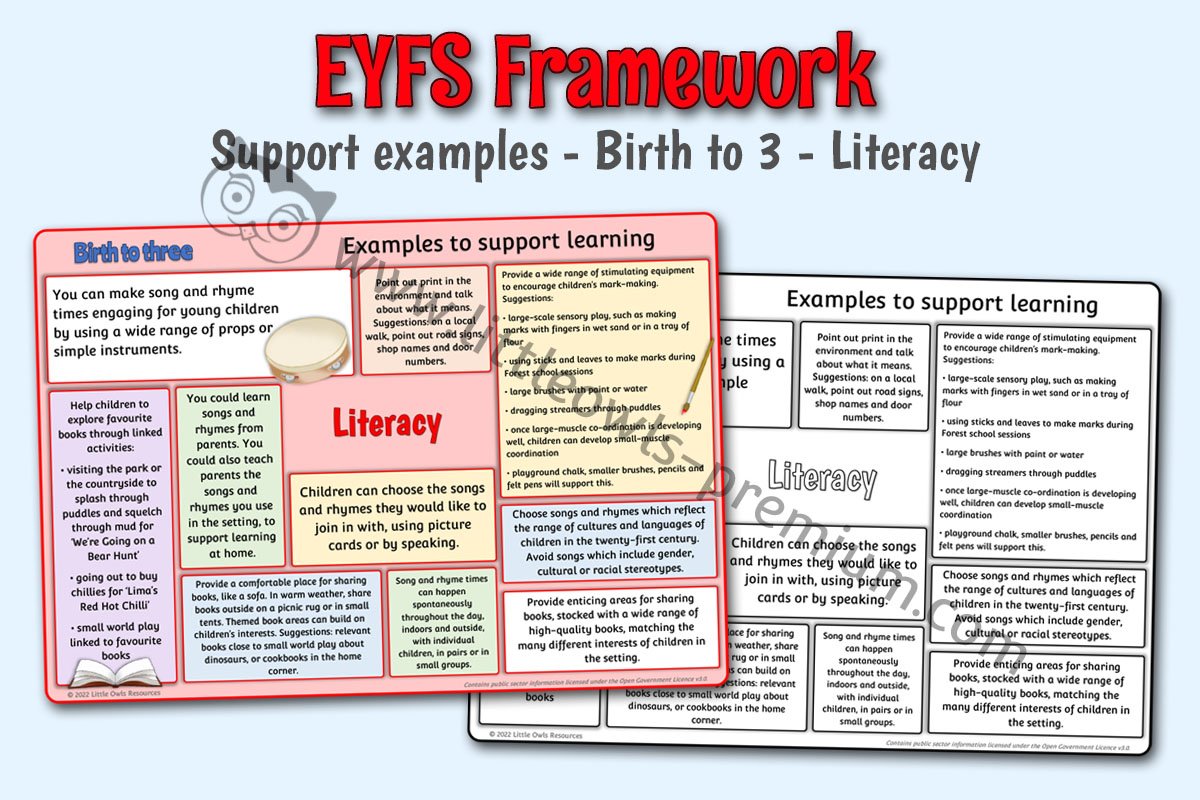















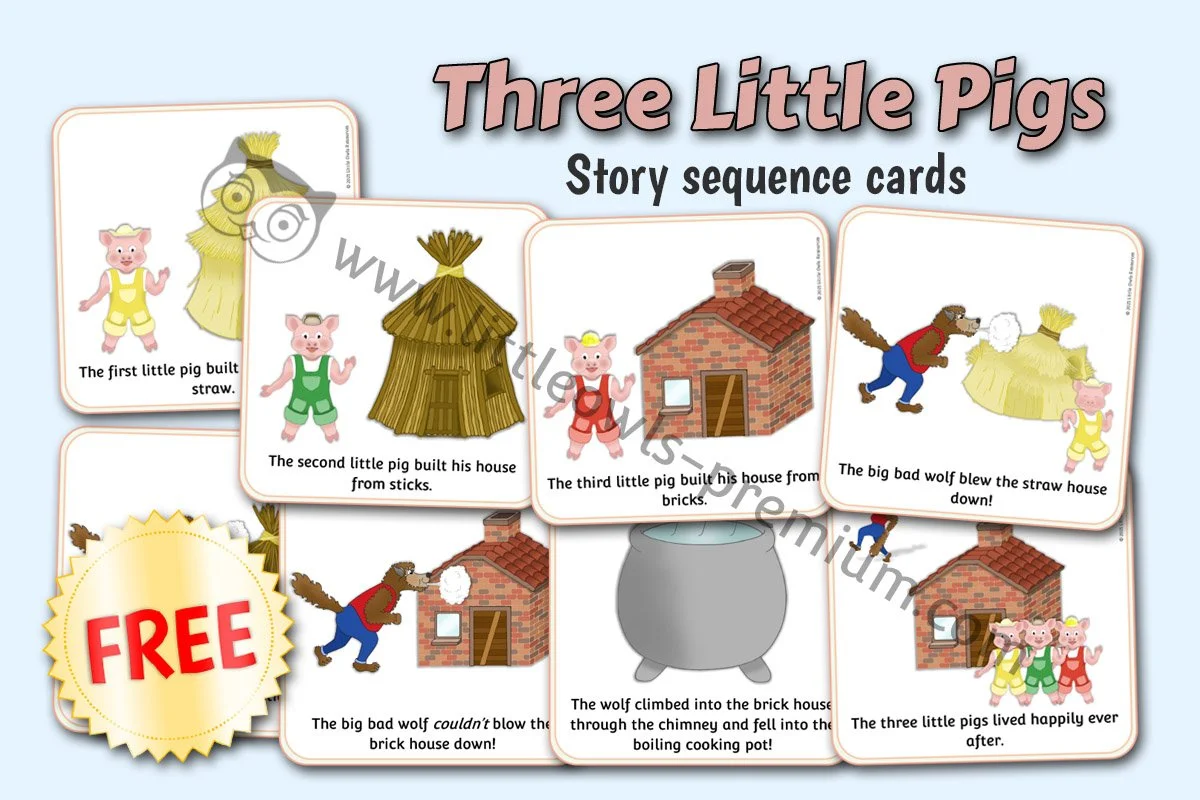








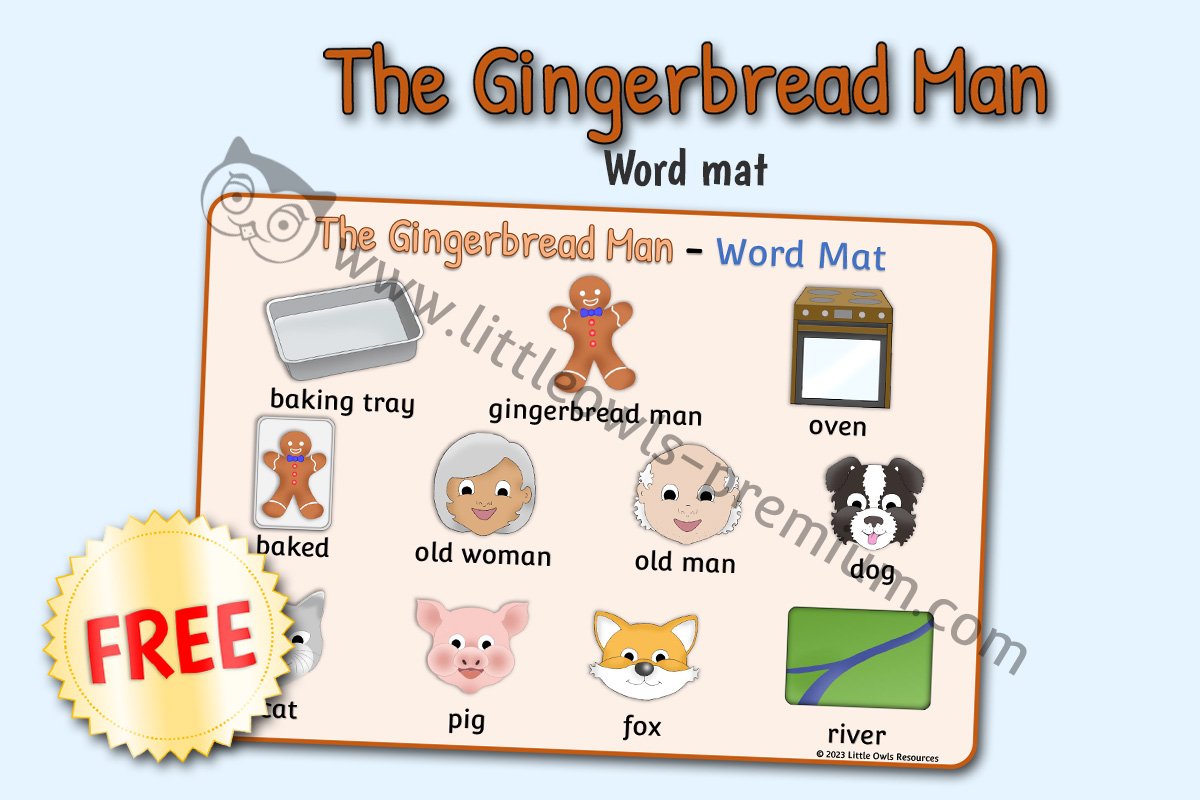

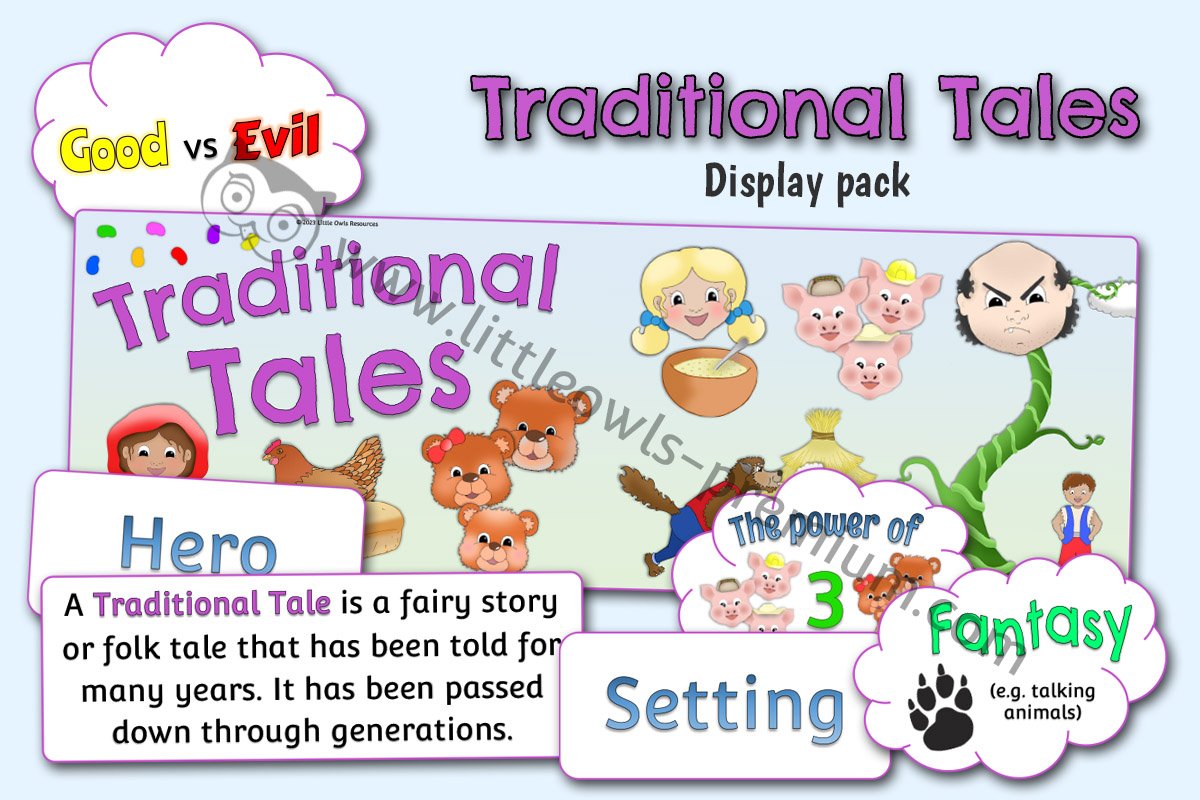







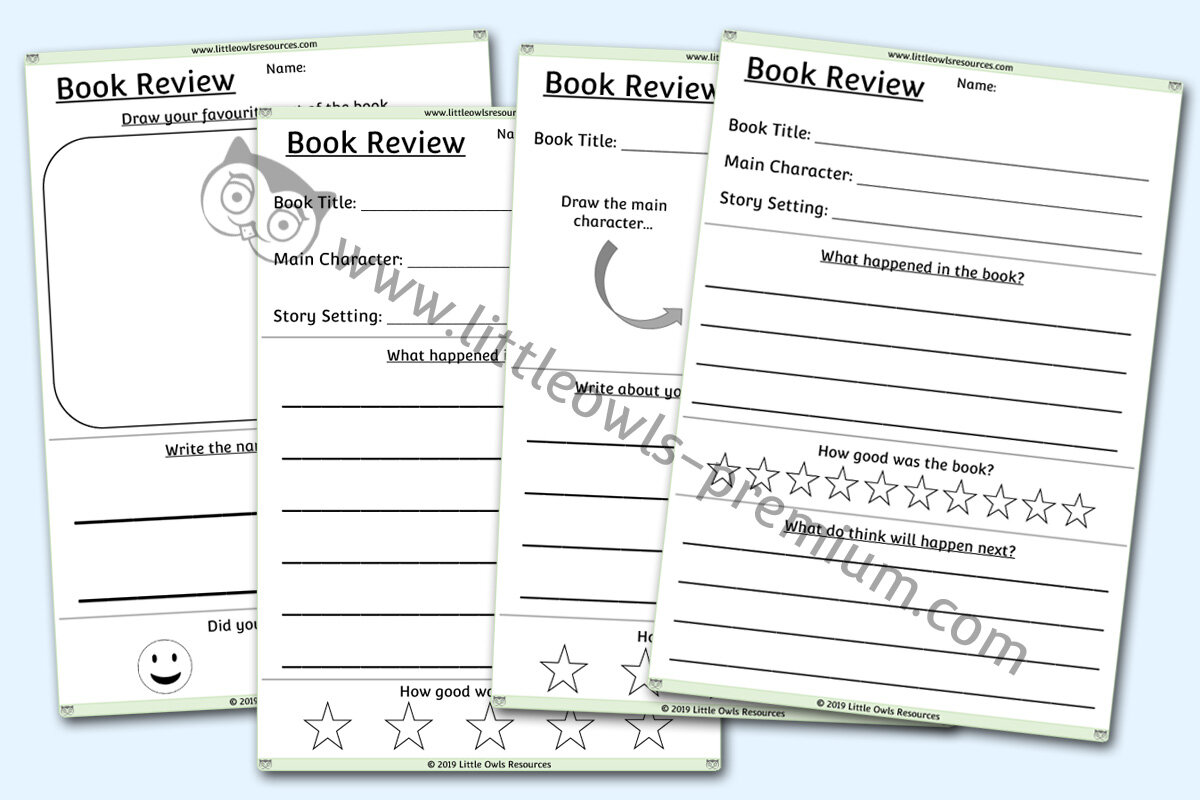




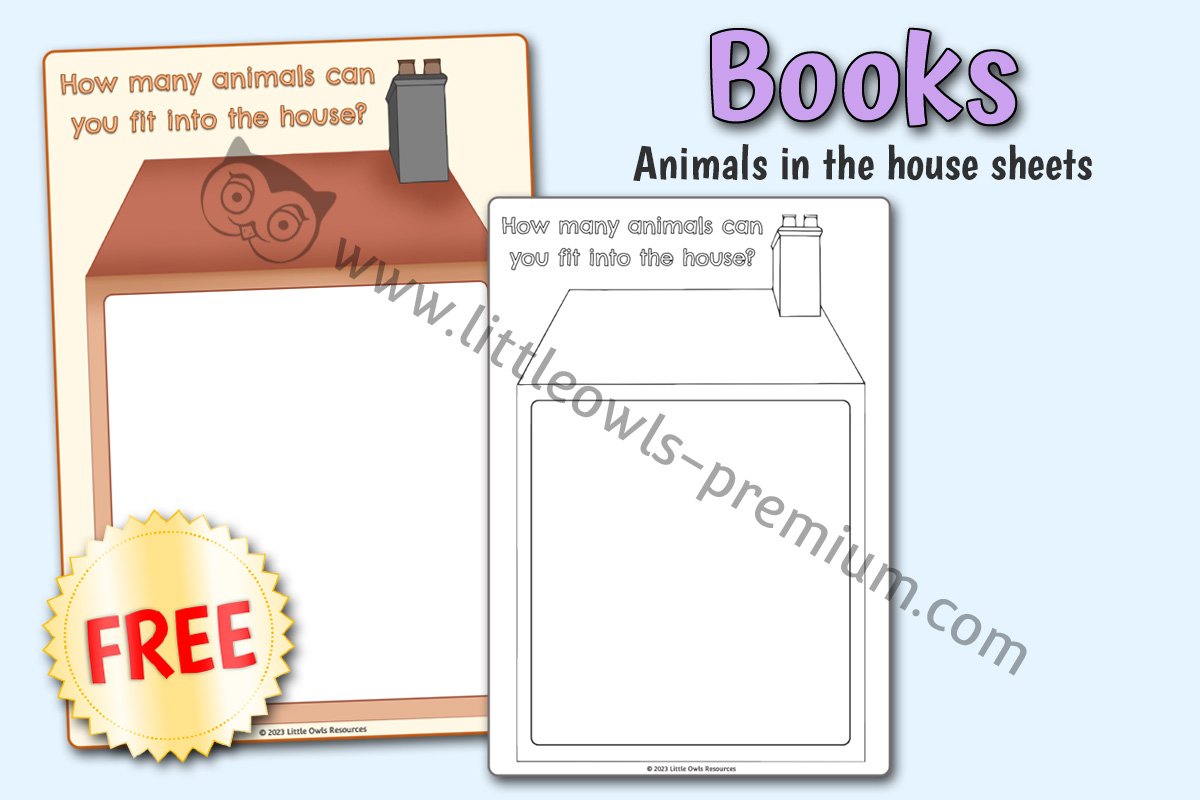
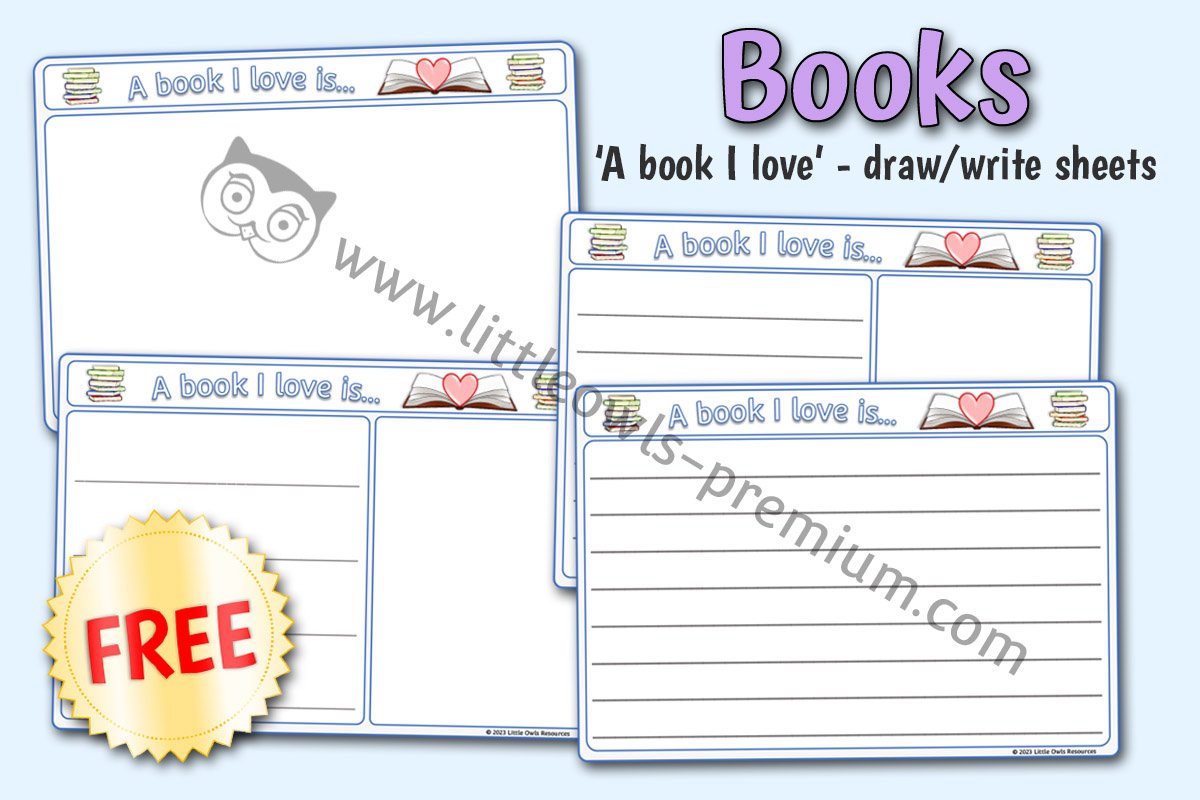



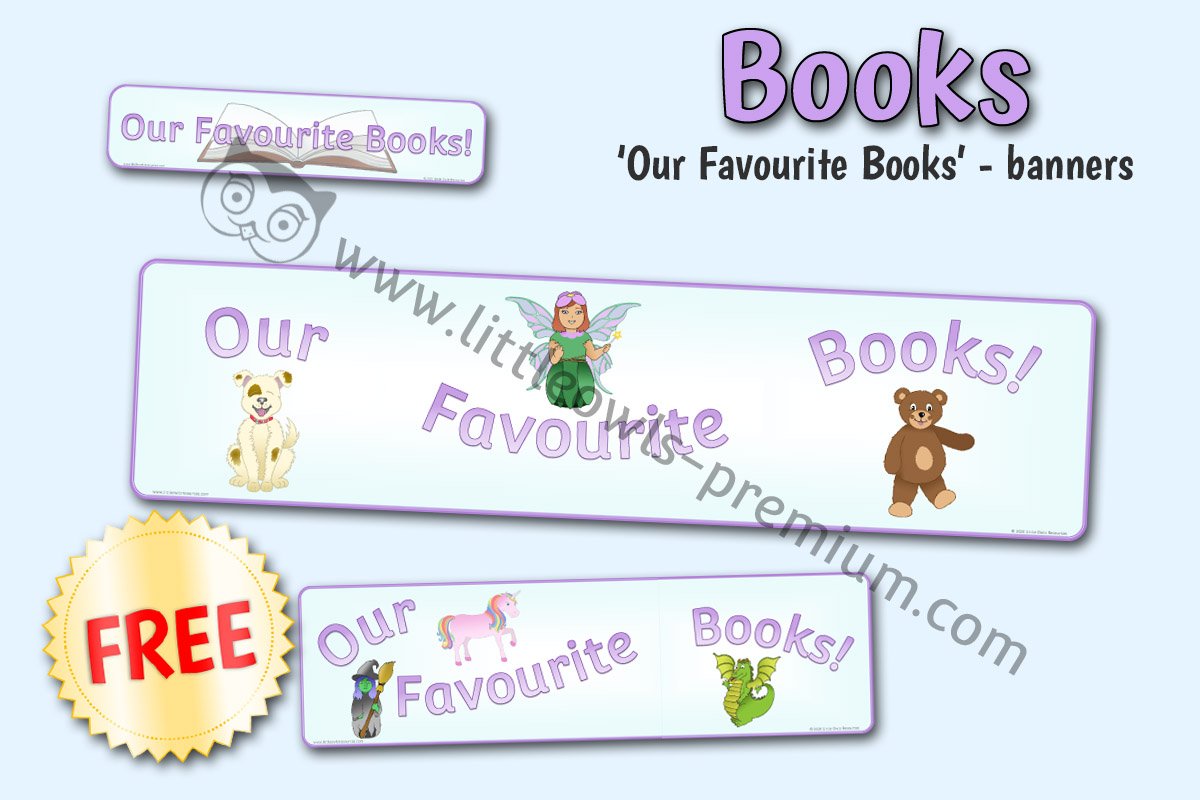
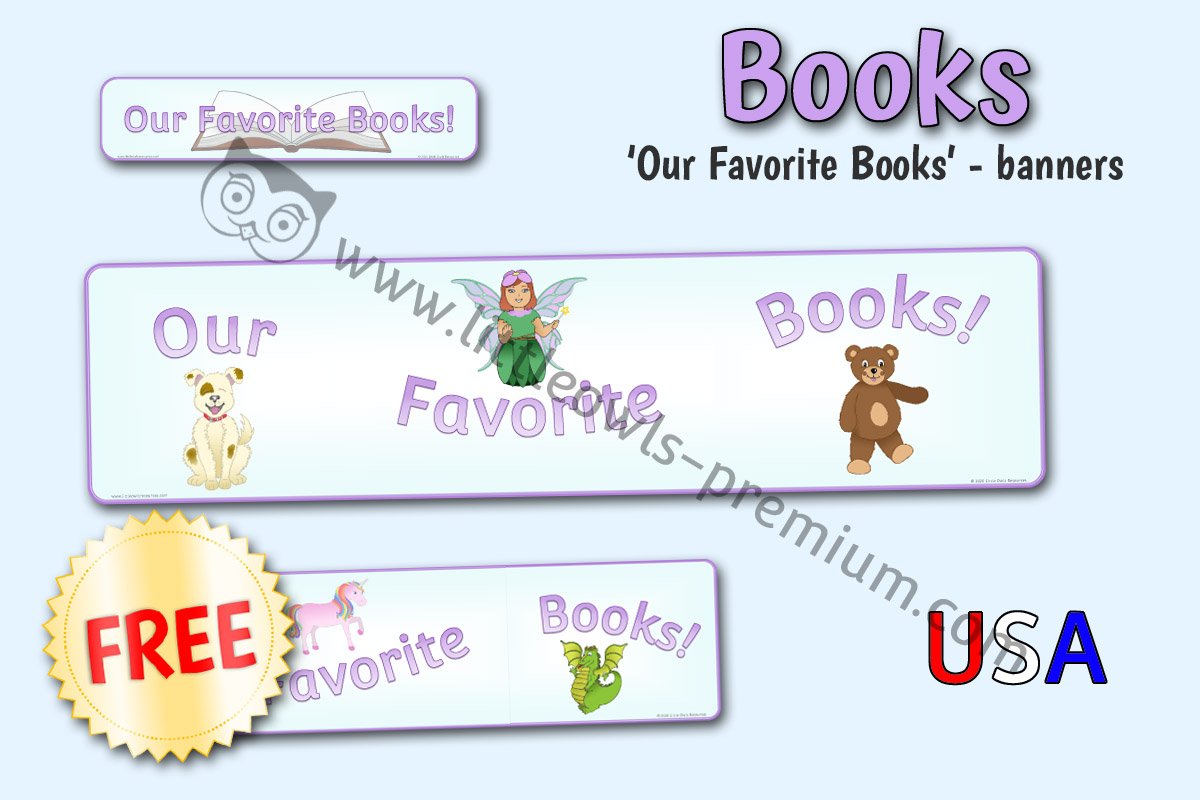
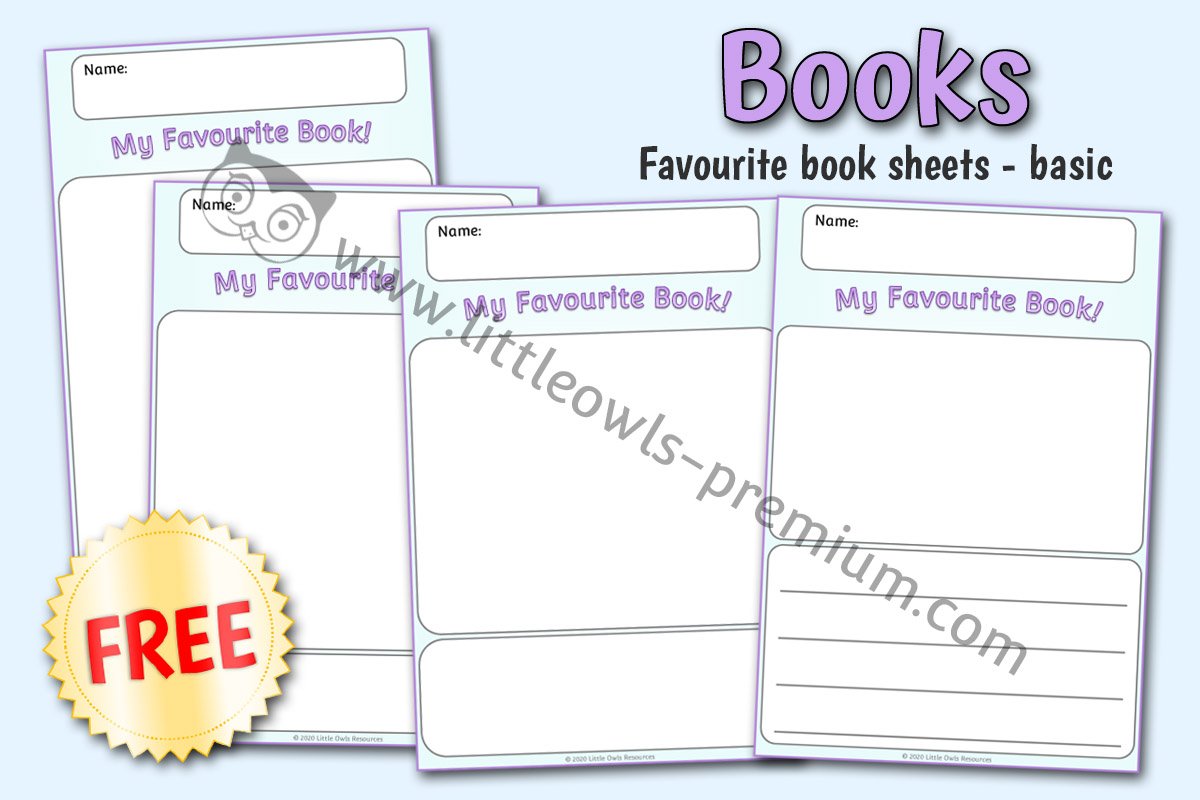
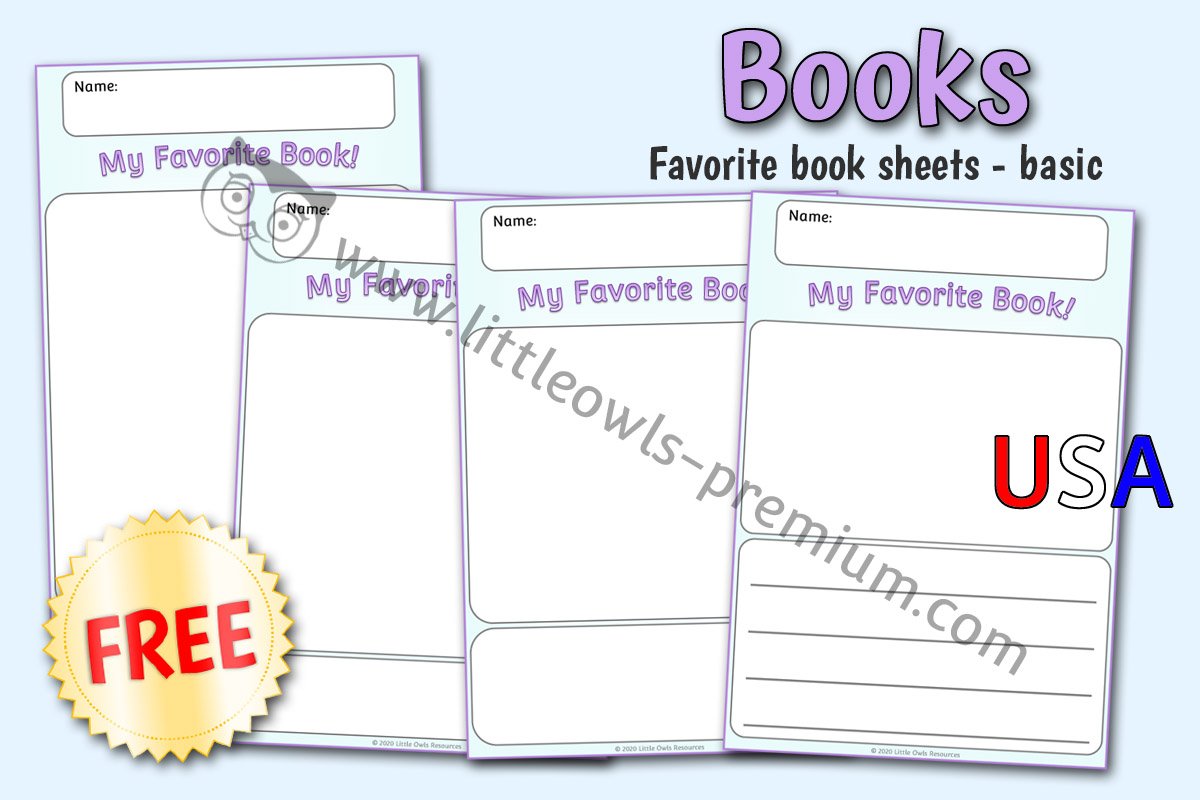
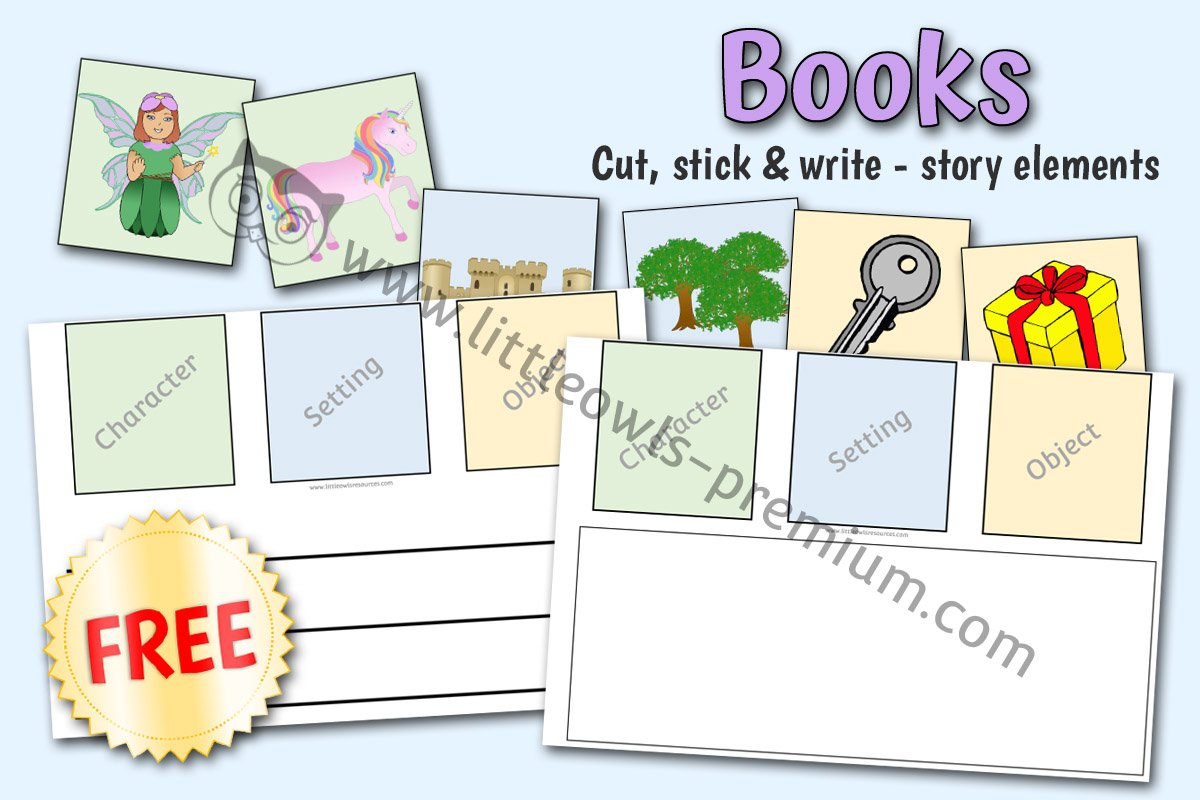

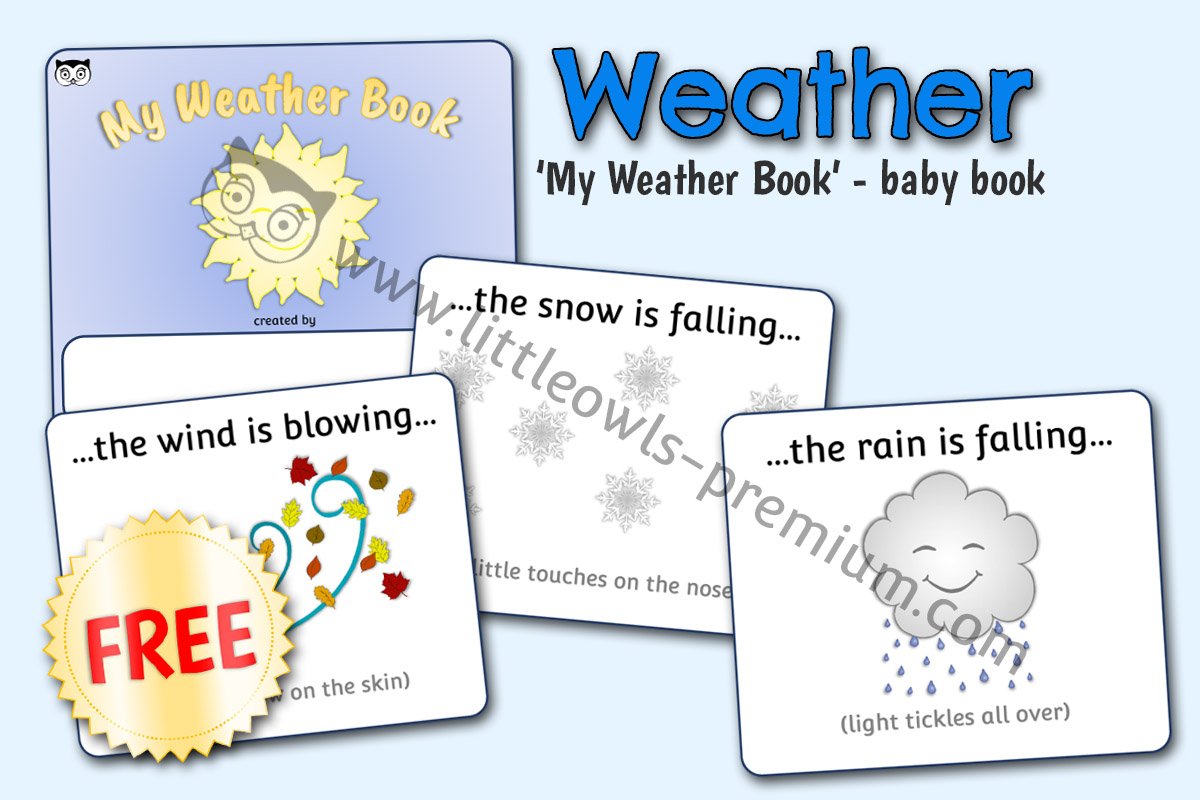
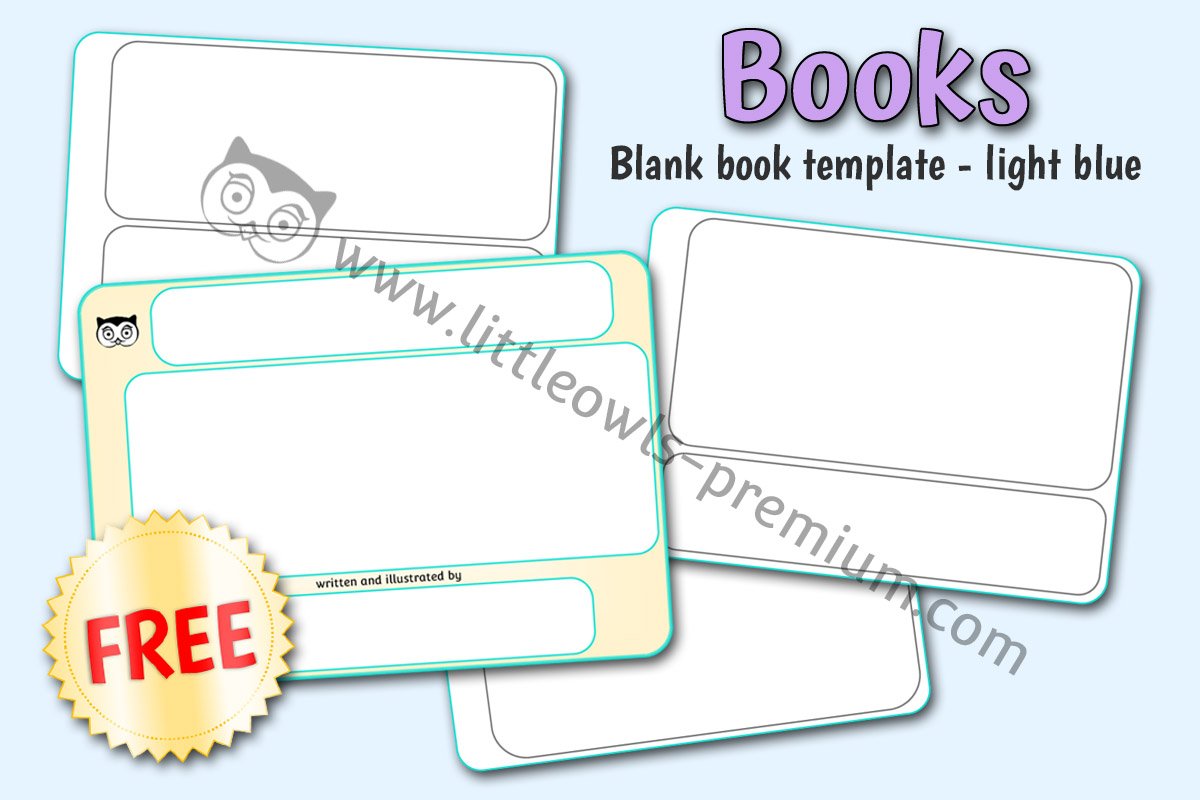

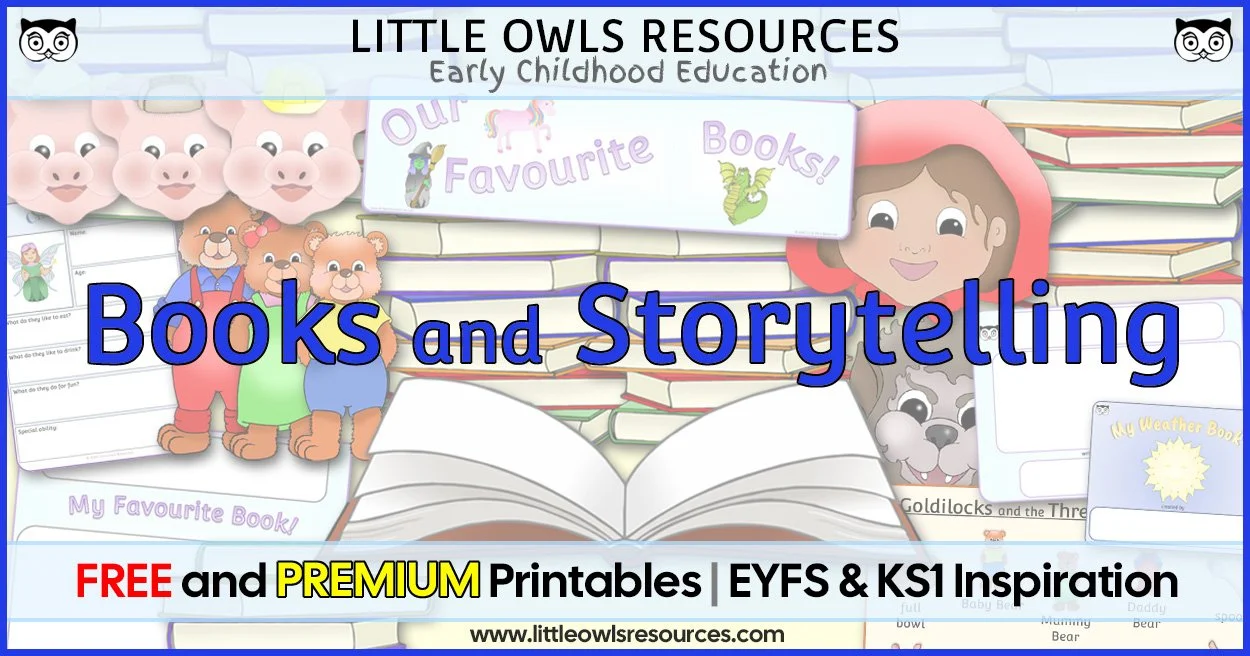






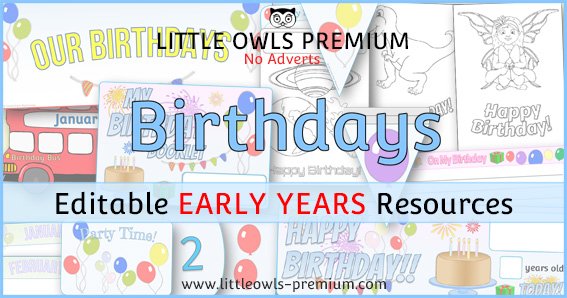
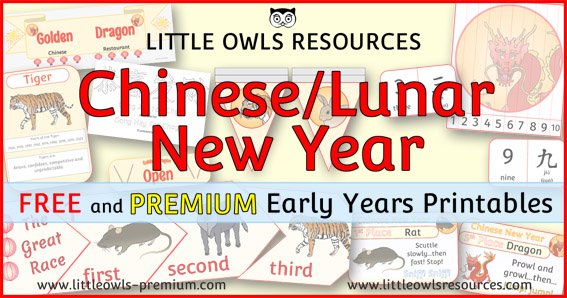
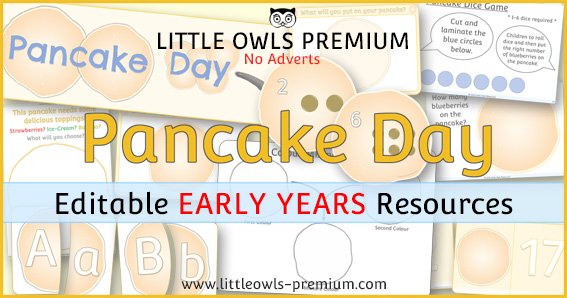
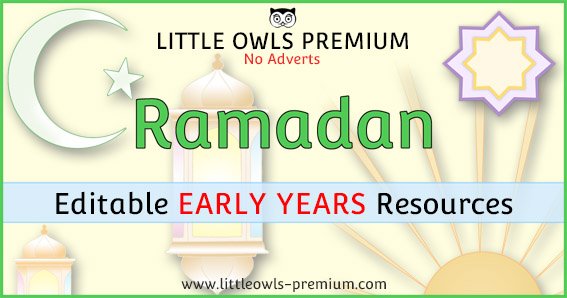
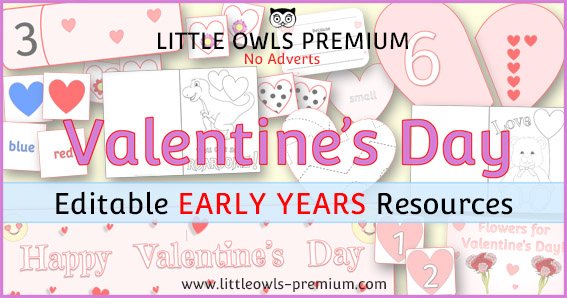













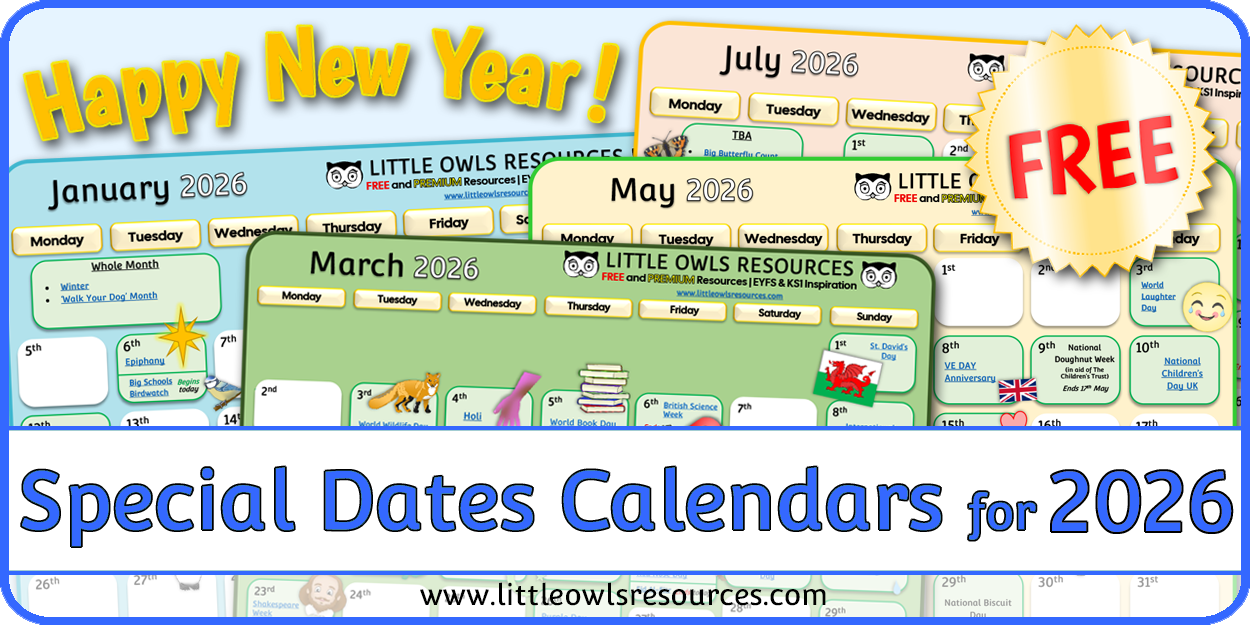
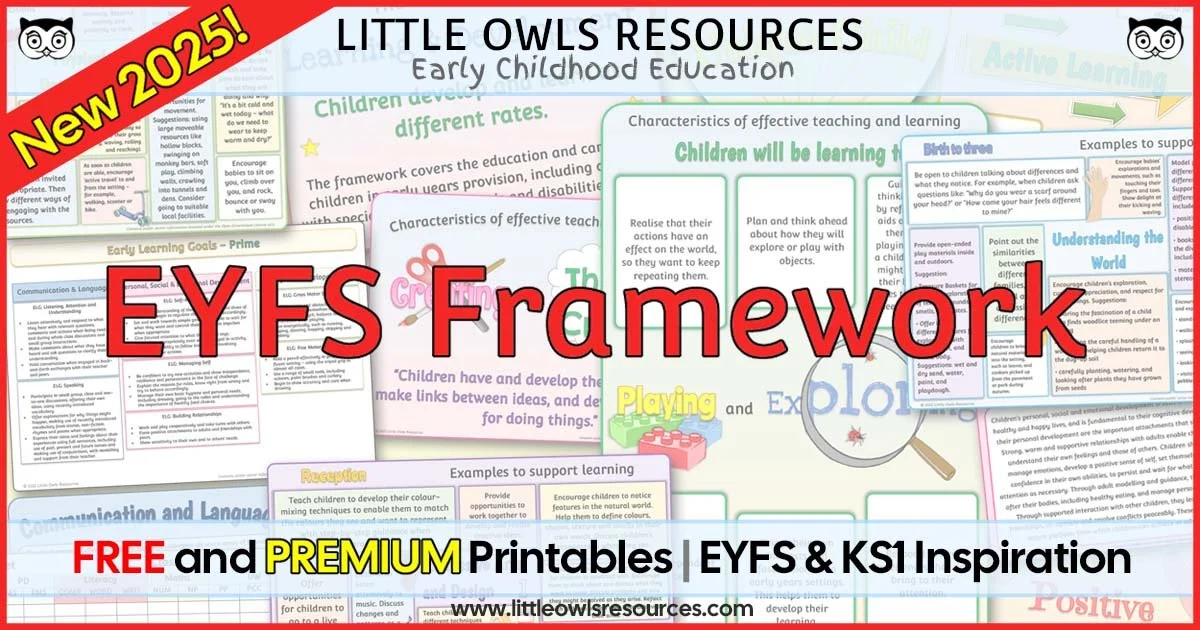

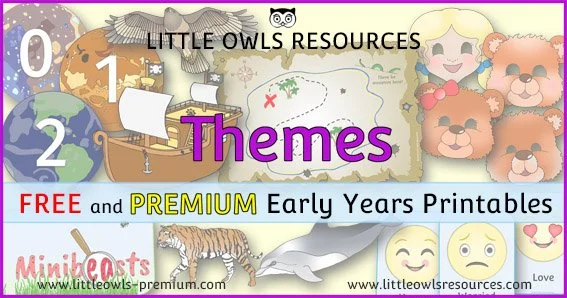

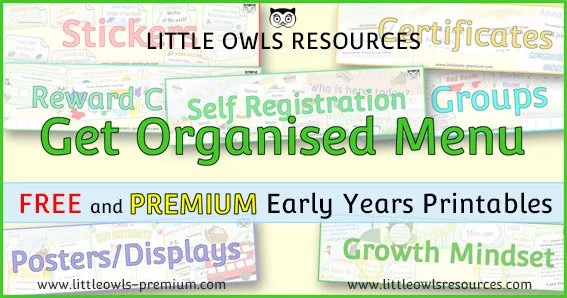

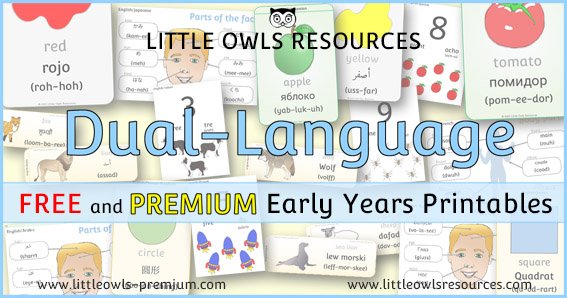
Let's wear something red and learn about our amazing hearts and helping others! ❤️🔴 National Wear Red Day is a special yearly event organised by the Children's Heart Surgery Fund…